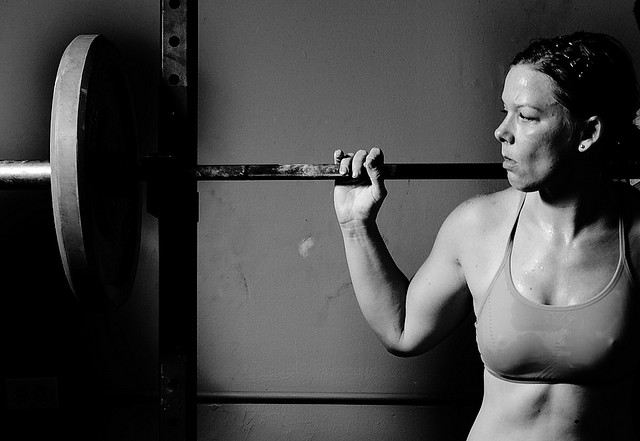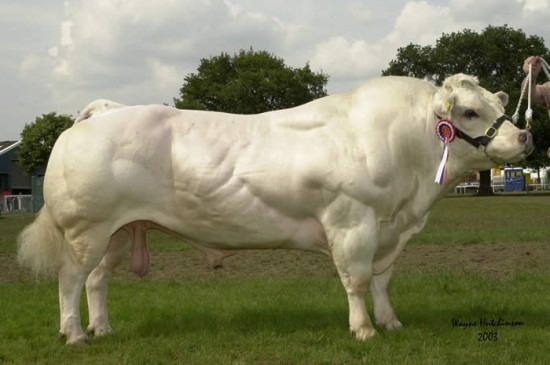Women have it tough.
Not only are they expected to be the primary caregivers in a household, but they also need to manage a stable career and look amazingly hot all the time! That’s a tall order for anyone to live up to! Then you throw in all the photoshopped images of models in magazines and internet lifestyle websites of perfectly-airbrushed skin-tone and body curvatures to make the obtaining of the perfect female body practically impractical.
And what is the perfect female body anyway? Is it the swimmer’s body? Is it to have long and lean muscles?
The one thing that I always hear from my female clients say is that they definitely don’t want big bulky muscles like that of a bodybuilder! Hell, even the guys nowadays don’t want to be big and bulky. Their training programs are spent less in gyms with traditional weight training routines and instead have adopted more ‘functional’ training (more on this topic to come in future blogs).
But I digress.
This perennial stigma of doing strength training leading to big, bulky muscles has got to stop, and I’d like to put an end to it right now.
Although, it is true for a select few individuals with genes predisposed to hypertrophy (grow big) to stage-worthy spotlight, the truth is more likely that you will gain a bit of muscle size and that’s it.
It is highly unlikely, you have the genetic expression to become that muscular.
Let me say that again using different words:
“You are not special enough to get that muscular by doing strength training”.
Because in order to have that level of muscularity where people actually think you are a bodybuilder you would have to have a couple of things going for you.
Let’s go over them.
1) Building muscles is damn hard.
They take a lot of time and commitment to develop. Getting you to the gym is already hard enough, let alone training to the point of momentary muscular failure. To build enough muscle to the point of actually being concerned about its size, you would have to train to maximum failure on a consistent basis. That means ongoing high intensity strength training at a very high level of effort. When you skip a workout or you go on vacation, your strength will go down, and your muscles will atrophy. They will literally be stripped down and its amino acid components will be recycled elsewhere in your body that needs it more. Your body is actually very efficient at doing this. And no, your muscles will not turn into fat when you stop training.
2) You need to eat enough protein in order to fuel your body with the resources to build muscle. With today’s poor quality of food options, it’s not easy finding good high-quality protein sources. You need protein to build muscles – just like you need lumber and brick to build a house. You will need to eat A LOT (of nutritious food – not junk food!) if you want to build a considerable amount of muscle. Again, not that easy to accomplish.
3) You need to get enough sleep. When you workout, you are tearing up your muscle fibres in terms of micro-trauma. In order for your body to recover and actually rebuild the muscle fibres that you tore up in your workout, you need ample sleep. You’re probably sleep deprived.
Even if you do have the habit of training regularly, and the mental toughness to push yourself to the point of momentary muscular failure (good for you!), you still require the following genetic cards in your hand:
4) Growth and Differentiation Factor 8 (GDF-8) is a gene that determines how much of the protein myostatin your body produces. This protein restricts how big your muscles can grow. When the GDF-8 gene is missing, the mammal can grow abnormally large muscles as in the case of the Belgian Blue cattle strain.
In humans, we have plenty of expressions of GDF-8 so that’s why you don’t normally see many Arnold Schwarzeneggers walking around. They are ‘genetic freaks’.
Are you a genetic freak? I highly doubt it.
5) Interleukin-15 is another protein where your genes determine its expression. For the sake of simplicity, it basically regulates how strong one can get relative to how big their muscles can get. This is a spectrum with extreme ends of being very strong but not very muscularly big, and very big but not very strong.
All this is to say that your genes play a huge part of how your body will look when you do strength training.
Now, that we’ve hopefully dispelled your fears on strength training and building muscle – why do you want to build muscle?
You’ll have to wait for the next blog post to find out!
—
Doug McGuff, John Little, “Body by Science”, 2009, pp.161-171.

